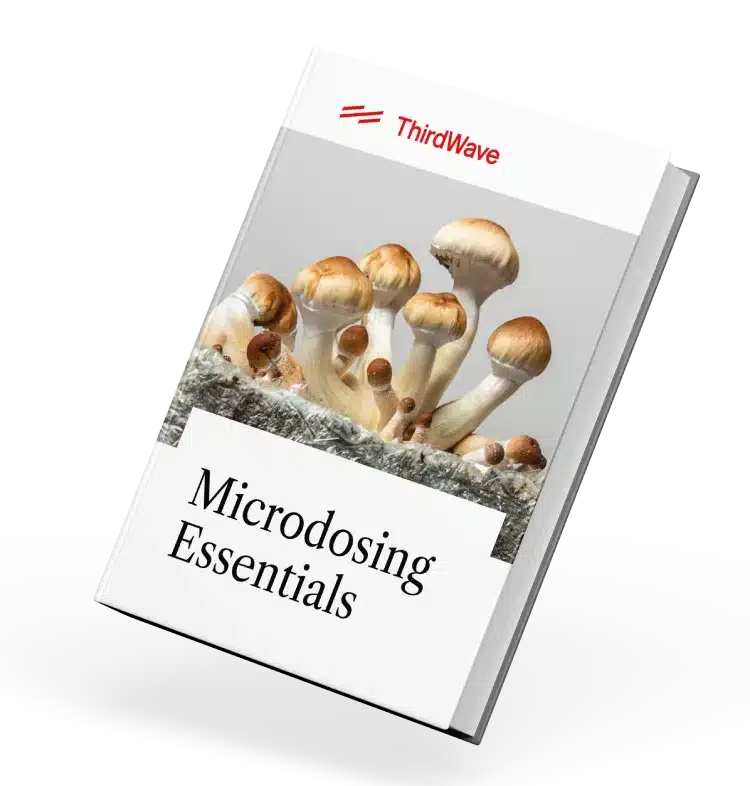Types of Psychedelic Coaches
Microdosing Coach
Microdosing psychedelics can increase productivity, stoke creativity, improve your mood and focus, provide more mental clarity, and reduce anxiety among many other benefits.
A microdosing coach specializes in guiding you through a microdose regimen, typically lasting several weeks. Their goal is to help maximize your experience by:
- Helping you identify your goals and creating a plan of action to achieve them
- Determining and preparing the correct dose for your needs
- Providing accountability through regular check-ins and meetings
- Providing additional outside insight into your experience
You can learn more about our Microdosing Coaching program here!
Integration Coach
The goal of integration, in a general sense, is to achieve wholeness in your life by aligning your everyday behavior with your values, goals, aspirations, and core beliefs.
Psychedelics can provide profound insight into our emotional states, thought patterns, mindsets, and relationships. But the scale of this insight is often much deeper and more abstract than we’re used to, making it difficult for us to make sense of how we might use it to affect positive changes in our lives.
Enter the psychedelics integration coach.
A psychedelic integration coach works with a client to achieve integration by first identifying the profound lessons from a psychedelic experience or experiences and then working with them to find actionable ways to integrate this insight into their everyday lives.
An integration coach often aims to remove mental blocks and toxic mindsets to allow the person to realize their full potential. To that end, the integration coach uses the psychedelic experience in a number of different ways, including:
- Identifying personal development goals prior to a trip
- Identifying mental, emotional, and/or psychological blocks
- Developing a plan of action before, during, and after a trip to achieve your goals
- Providing accountability through check-ins and regular sessions
Other Coaches Who Use Psychedelics in their Practice
Executive and leadership coaches, business coaches, personal development/life coaches, relationship coaches, and others, are also adding psychedelics to their list of tools in their client practices.
They typically use psychedelics to achieve domain-specific goals—business goals, for example—fitting the psychedelic experience into their larger framework and approach.
An executive coach, for instance, might work with a client to improve their role in leading a more effective business team. A psychedelic session could be used to provide insight into the executive’s interpersonal skills and identify any points of friction that might be causing conflict in their work lives. The coach then works with the client to create an action plan to improve their relationships with their team.
Psychedelics are powerful, flexible tools and so coaches can use them in a virtually infinite number of ways, tailoring them to your specific situation and needs.
